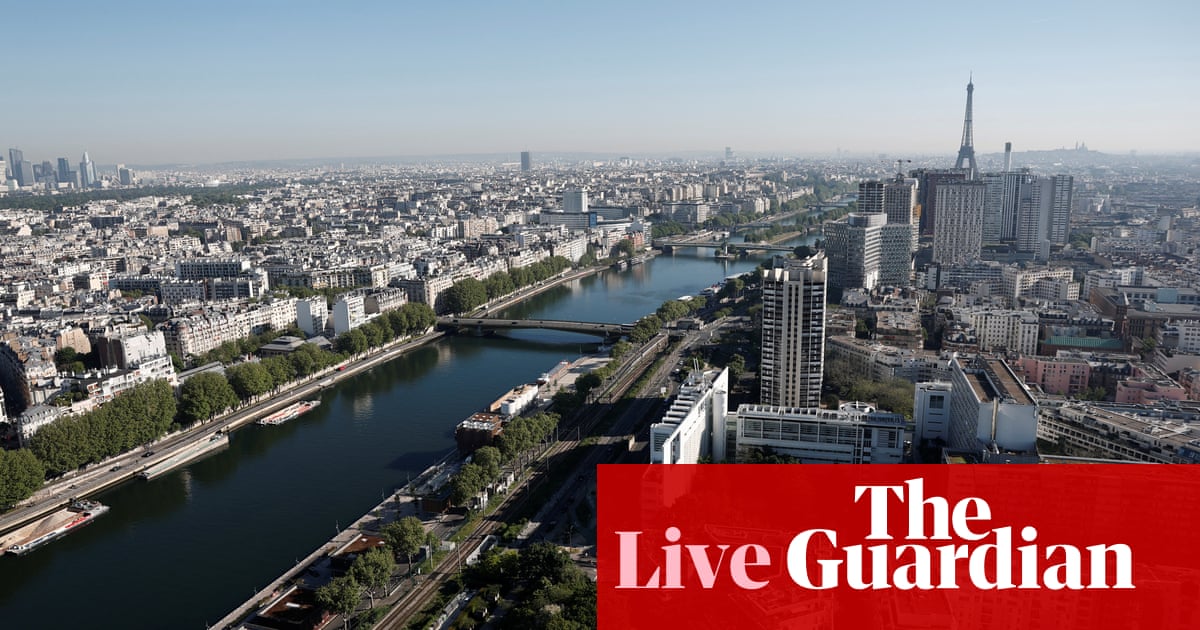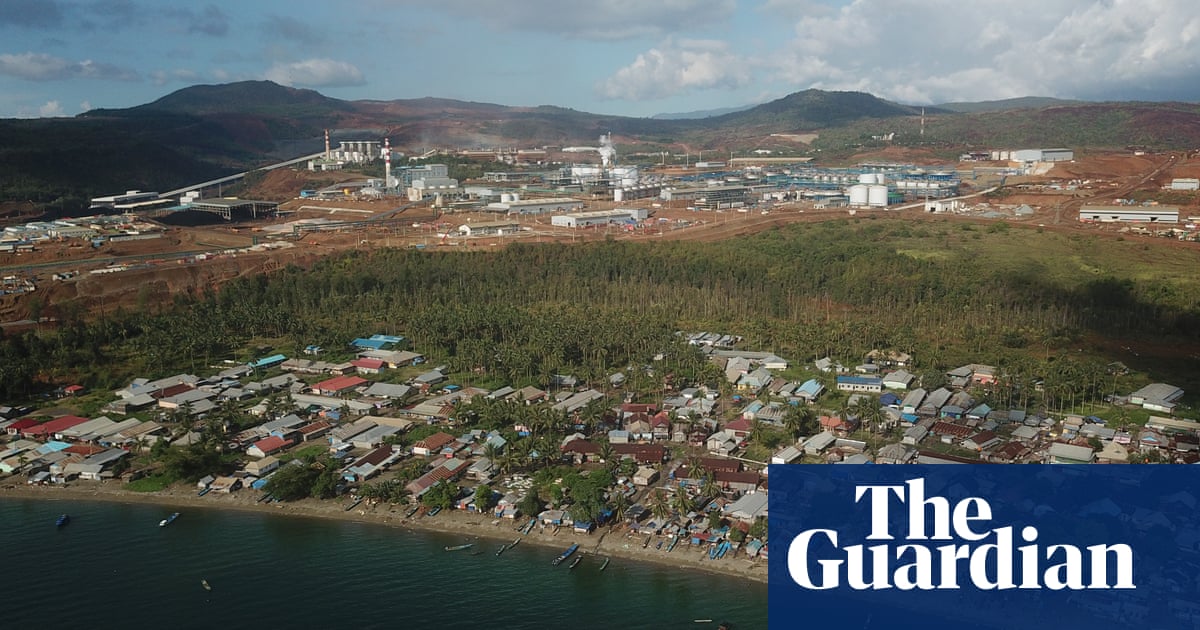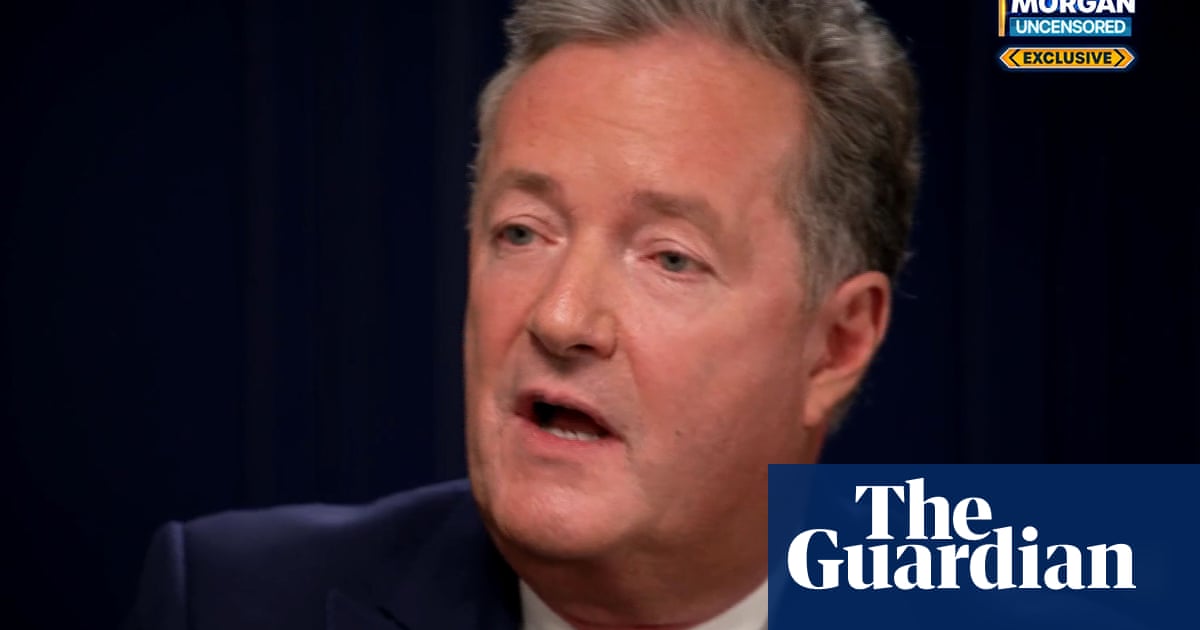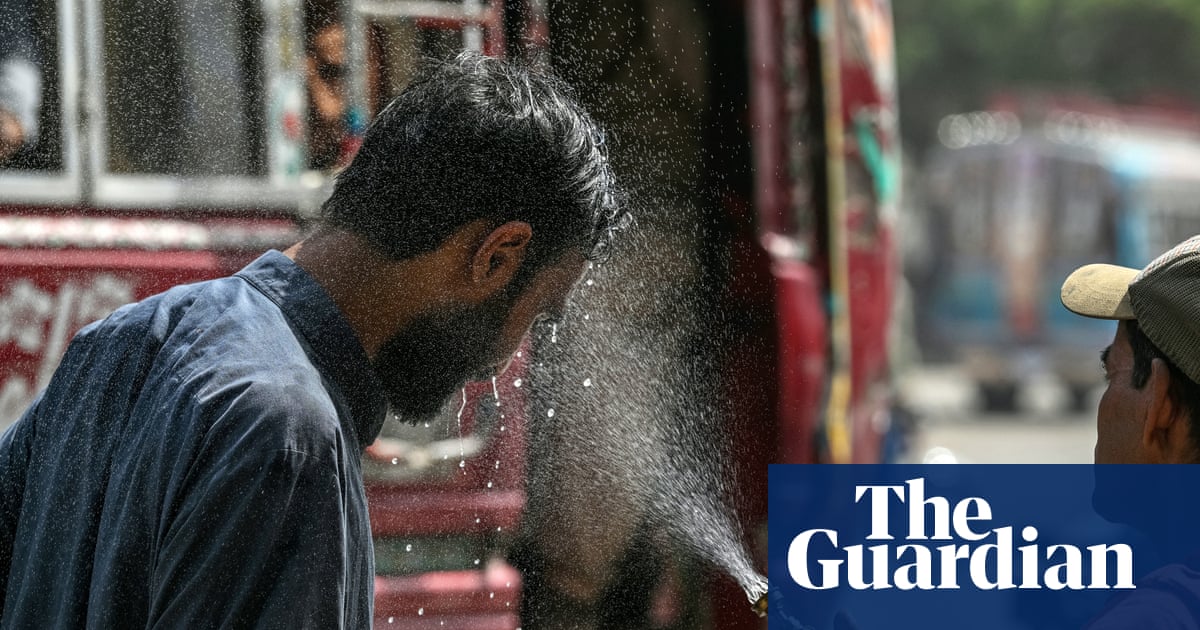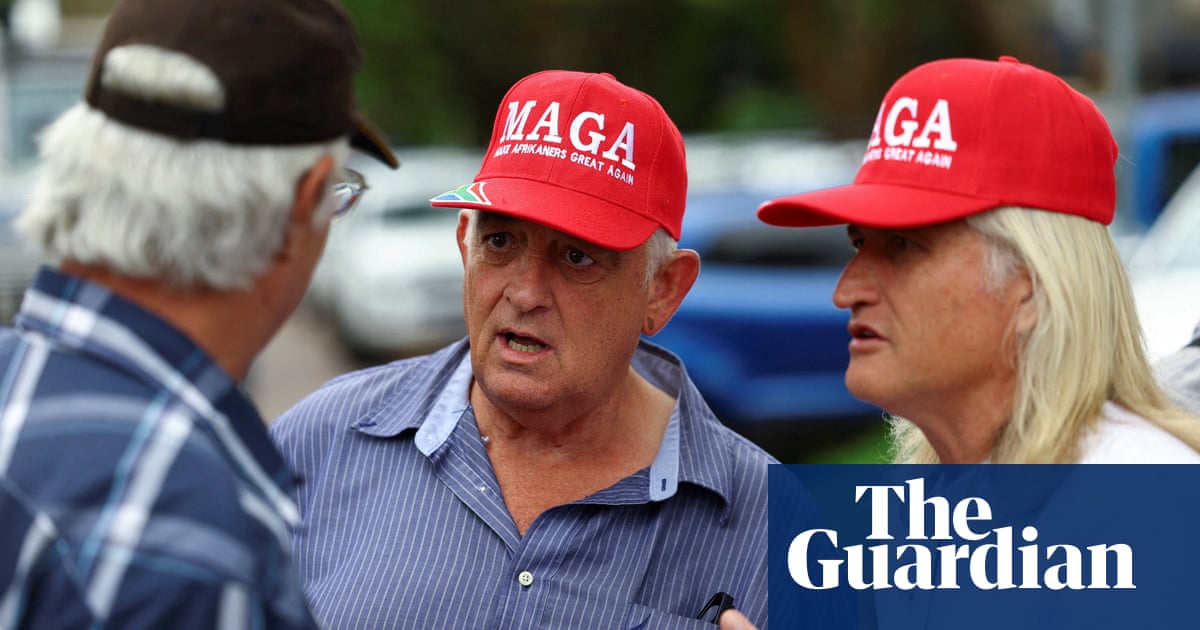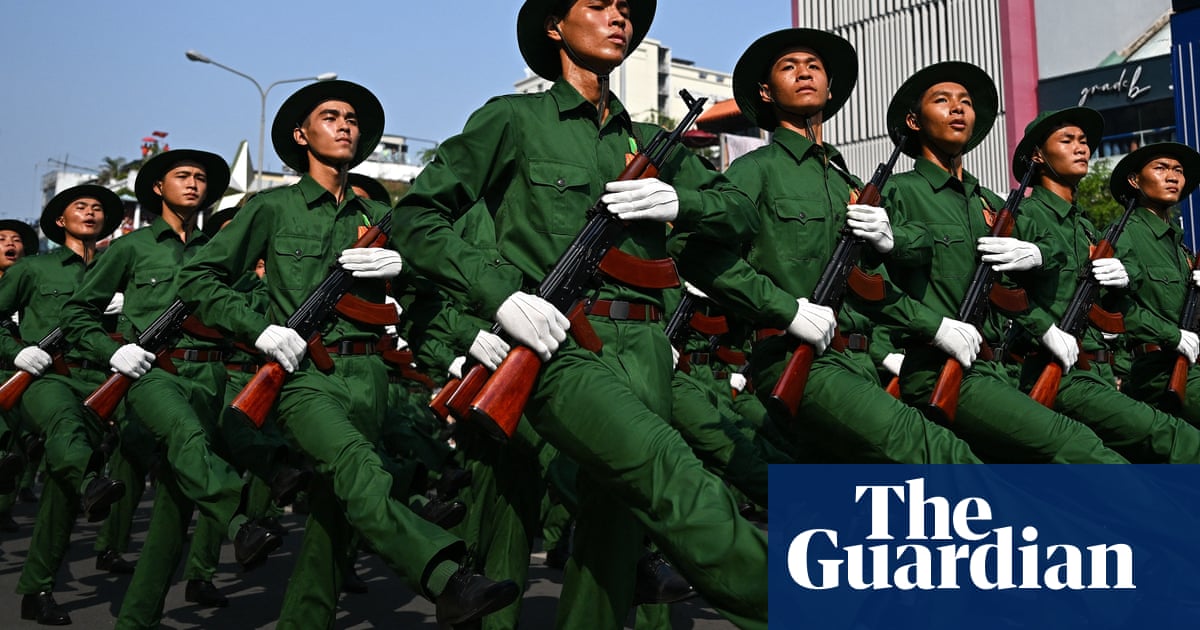On Monday, the Kremlin offered a three-day pause in hostilities against Ukraine in May, to coincide with Moscow’s celebrations of the end of the second world war. In a context where Ukraine is calling for an unconditional 30-day ceasefire, and the US a permanent one, Russia wants concessions before a lasting pause or permanent peace can even be discussed. Central to the Kremlin’s demands is the removal of sanctions – especially those restricting its aviation sector.
We must be cautious not to make concessions prematurely, under the guise of quick progress. The short pause offered would not make a meaningful difference to the war, and accepting it would enable a regime that has repeatedly shown intent to prolong its war of aggression and undermine this chance for a just, fair and lasting peace.
Current measures restrict access to the western market for Russian airlines and block imports of critical spare parts, maintenance services and other equipment – including dual use goods that could be used for military applications. On the surface, Moscow’s demands for concessions look simple and easy to fulfil – the definition of a quick win for both sides.
However, the apparent humanitarian and economic nature of Russia’s request masks the political and military advantage that any softening of aviation sanctions would hand the Russian president and his war machine. At present, these sanctions are testimony to how significantly and successfully the Kremlin’s military capabilities are being constrained.
Sanctions on aviation serve as both a powerful symbol and a practical impediment to Russia. The lines between private and public sector in Russia’s war economy are blurred – especially for aviation. Airlines are not mere collateral victims of the sanctions regime but active participants in supporting Russia’s illegal invasion of Ukraine. Just like Russian propagandists who continue to freely travel to Europe and purchase real estate abroad with blood money, or chemical plants that evade restrictions on fertiliser exports while fuelling Russia’s war machine.
It must be understood that Russia’s so-called civil aviation sector has become a front for transportation, logistics and smuggling on behalf of its military. Russia’s civil airlines and airports are actively involved in circumventing international sanctions by delivering critical components to sanctioned Russian industries. Cargo firms such as Volga-Dnepr provide transportation services for military purposes. I Fly – a charter service – transports soldiers for deployment to the frontline, the Ukraine Centre for National Resistance believes. Moscow’s Vnukovo airport, once a tourism hub, has been sanctioned by the EU for being used in support of the war on Ukraine. Pskov airport operates commercial flights and as a base for military transport aircraft.
Additionally, normalising air links would lift a key restriction on Russians’ daily lives, relieving Moscow of any public pressure for peace. Viewing this as another Putin victory, they would rather increase their support for continuing the war instead of negotiating.
These sanctions represent more than mere inconvenience: they are a direct obstacle to Russia’s ongoing war against Ukraine and a visible reminder of the consequences of its aggression. Rather than unwinding them, we need to build on the success of the current sanctions regime. The airports and airlines that serve as dual-use facilities trafficking sanctioned goods must face consequences. Companies facilitating military logistics must remain blacklisted. Monitoring of supply chains needs to be strengthened to prevent the diversion of parts for military purposes.
The fact that Russian officials have made lifting aviation sanctions a priority in diplomatic channels underscores their effectiveness. Policymakers should understand that this is proof the sanctions are working. Russia is growing desperate to save its aviation sector – relief in this area should be conditional on significant commitments by Moscow to peaceful and prosperous relations with Ukraine. Not bargained away.
As long as Russia remains committed to its unlawful aggression, the skies must remain closed to Russian carriers. Any action that weakens this stance will strengthen Russia’s capacity to procure sanctioned technology, bolster its military logistics and appease its population. Since Russia launched its unprovoked and illegal war of aggression, Ukrainian airspace has been crisscrossed by fighter jets and missiles, not civilian aircraft. Why should Russians enjoy the freedom of air travel while Ukrainians cannot be safe in their own country?
-
Andriy Yermak is head of the Ukrainian presidential office

 2 hours ago
5
2 hours ago
5
